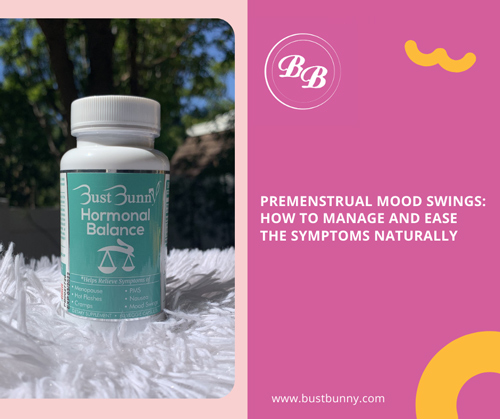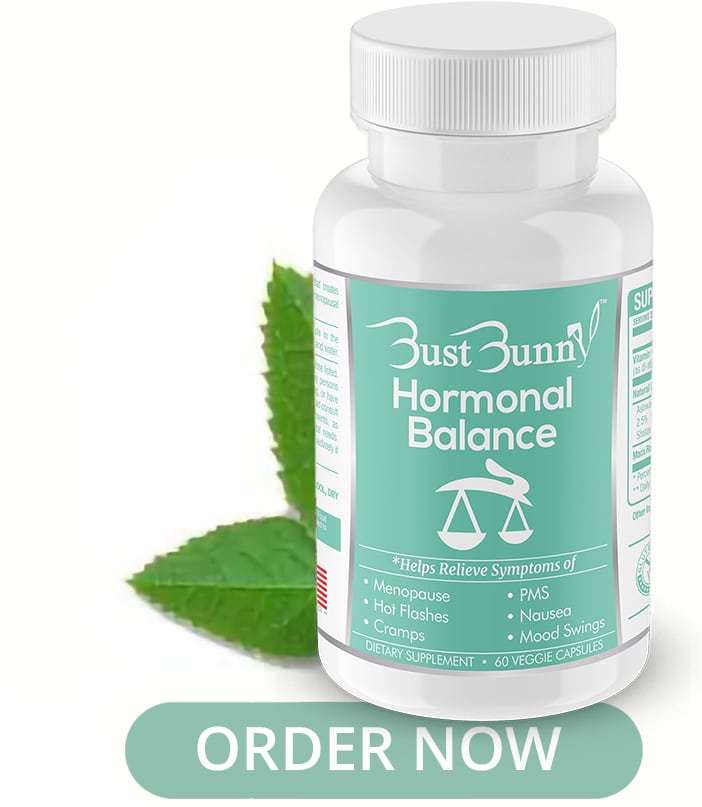Premenstrual mood swings is among the most distressing premenstrual syndrome (PMS) symptoms. Many women experience unexplained mood changes in the seven to ten days leading up to the start of their period. They are a result of a sudden dip in hormones before and during the first few days of your period.
PMS mood swings may take a toll on your daily life, making you increasingly irritable, less patient, and intolerant of the smallest inconveniences. Mood swings during the premenstrual period may lead you to feel:
- Sad and hopeless
- Overwhelmed
- Lonely and restless
- Fatigued and depressed
- Anxious or tense
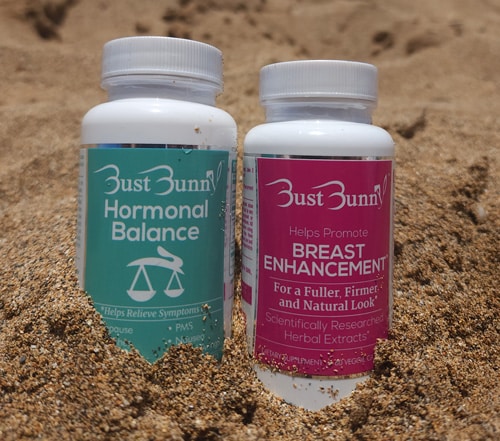
Some women experience a severe form of PMS mood swings known as premenstrual dysphoric disorder (PMDD). The disorder is characterized by a loss of energy, suicidal thoughts, and feeling out of control. It has the potential to disrupt work and personal relationships.
Your risk of severe PMS mood swings or PMDD is increased when you’re highly stressed, or have a family or personal history of depression.
Experiencing PMS mood swings month after month is nightmarish for you and those around you. Therefore, you need to learn how to manage and ease the symptoms effectively.
And there’s no better way to deal with this menace than using natural methods, such as dietary or hormone balance supplements.
Below are the top 5 natural remedies for premenstrual mood swings.
1 – Exercise Regularly

Exercise has time-and-again been proven to be an instant mood booster.
But how does exercise ease premenstrual mood swings? Exercising helps improve blood circulation and your body’s metabolism, ensuring oxygen and nutrient supply are optimal. As a result, you feel less fatigued, overwhelmed, and sluggish.
Exercising before your period also ensures you enjoy a great night’s sleep, which is another mood booster.
Aerobic exercises are, therefore, the best for relieving PMS mood swings.
Why? Aerobics increase your heart rate, boost endorphin (feel good hormones) production, and therefore improve your mood and reduce PMS pain.
The endorphin boost also helps you gain a sense of control and well-being, and stabilize your blood sugar.
Tips for exercise before and during your period:
- Make it a routine. Aim for at least 30 minutes of moderate physical exercise most days of the week.
- You can also opt for vigorous exercise a few days a week, but be careful not to overdo it.
- Engage in aerobic exercises, like walking, jogging, swimming, and biking.
2 – Eat a Healthy Diet
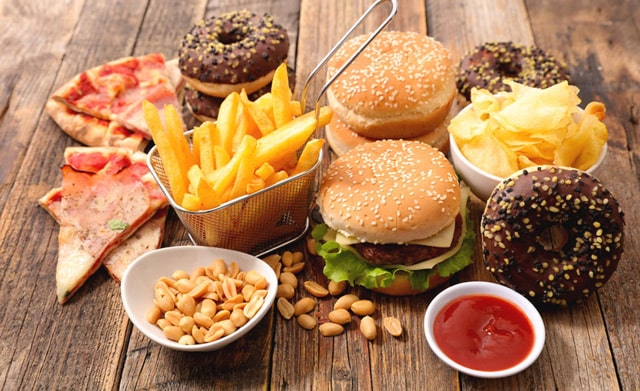
Eating fast, cheap, easy, and fake food is so tempting during the premenstrual duration because many of us believe that “comfort food” helps to kick mood swings to the curb.
And you’re not far from the truth, because sweet, salty, and carb-laden foods actually have short-term mood-lifting effects.
Here’s why: Towards and during your period, you experience a drop in serotonin and dopamine hormone levels—these hormones are made from carbohydrates and are responsible for regulating your mood and inducing pleasurable sensations.
So, yes, stuffing your face with carbs and sugar may give you an instant mood boost, but the effects wear off pretty fast.
Fortunately, you can stabilize your blood sugar levels, stay energized, and feel calmer during PMS by maintaining a healthy diet.
Here are some tips:
- Eat a variety of fruits and veggies to ward off fatigue.
- Eat whole grains and complex carbohydrates. These boost serotonin production and keep your cravings in check.
- Eat small, regular meals and snacks throughout the day to maintain balanced blood sugar levels and stabilize your mood.
- Eat high-protein foods to help increase tryptophan (an essential amino acid needed for protein production) levels. Higher tryptophan levels mean reduced irritability, anxiety, and depression.
- Reduce alcohol and caffeine intake as they disrupt your sleep, making you grumpy and irritable.
3 – Boost Your Vitamin and Nutrient Intake With Nutritional Supplements
There are vitamins, minerals, and nutrients to help manage premenstrual mood swings and soothe PMS symptoms, but we don’t always get enough of them from our diet, which calls for us to supplement.
The table below discusses the dietary supplements you need to manage PMS mood swings and their recommended doses.
| Supplement | Recommended Dose | Why? |
| Calcium | 500–1,200 mg daily | Eases psychological PMS symptoms such as mood swings, anxiety, and sadness |
| Vitamin B-6 | 50–100 mg daily | Relieves fatigue, irritability, and insomnia |
| Magnesium | 200–400 mg daily | Eases insomnia, depression, and anxiety |
| Vitamin E | 15 mg daily | Helps to deal with depression-related PMS symptoms, like irritability, stress, and fatigue |
Expert Tip: Please talk to your health care provider before taking any supplements to ease your premenstrual mood swings. Most supplements are not FDA-approved and can create negative health effects when they interact with other supplements and medications.
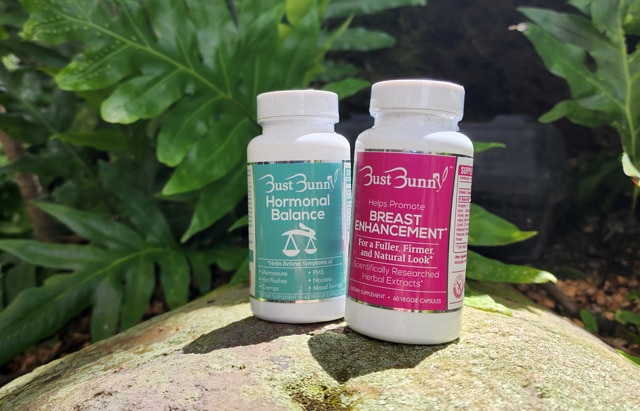
4 – Take a Chance on Herbal Supplements
Several herbs are known to be good for your reproductive health and reduce PMS mood swings.
Many women prefer the herbal route because there are significantly fewer side effects and risks compared to synthetic drugs and supplements. Plus, most of these herbs provide you with wholesome goodness.
We recommend herbs that have been used for centuries to help stabilize hormones and improve your health. You’ve probably already come across these herbs, and they’re on FDA’s Generally Regarded as Safe (GRAS) list.
- Chasteberry: A type of mint that’s been marketed for centuries as “a woman’s best friend;” it works as an antidepressant that relieves psychological PMS symptoms
- St. John’s wort: A thoroughly studied medicinal herb that eases physical and emotional PMS symptoms, including mood swings, depression, and anxiety
- Maca root: A cruciferous vegetable that boosts dipping estrogen levels during PMS to enhance mood and deal with anxiety and depression.
- Chamomile: A daisy-like flower that reduces distress and anxiety associated with the PMS duration
- Gingko: A tree native to China that can be used to alleviate symptoms of anxiety
5 – Try Different Stress Coping Mechanisms

Unmanaged stress can significantly worsen mood swings, causing anxiety, tension, and irritability. Thus, it’s essential to find coping mechanisms that help you cope with stress to avoid aggravating PMS mood swings.
Yoga, meditation, and deep breathing exercises are highly recommended as they help to calm your body and mind. They can be very effective, especially as you approach the PMS period.
Other stress-busting activities you can engage in towards or during your PMS week include:
- Journaling
- Talking to friends or a therapist
- Ensuring you get ample sleep
- Enjoying some downtime
- Massage and other forms of self-care
Tracking your period helps you know when to expect PMS mood swings and the triggers to look out for during this time. When you know this, you’re in a better place to plan your month, ensuring your PMS week is free of stressful work and activities.
What Are Bust Bunny Hormonal Balance Supplements?
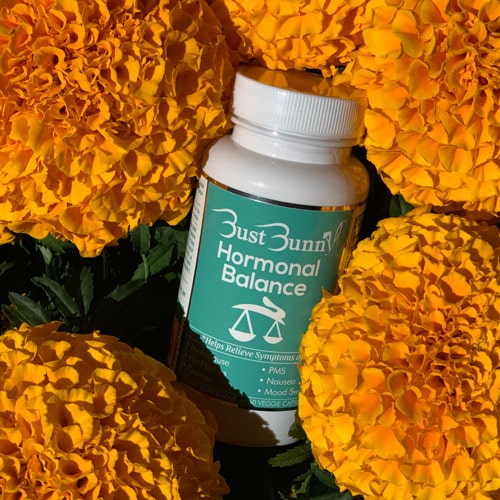
We know it can be hard to try out all the above remedies. That’s why we bring an all-in-one supplement that kicks PMS mood swings as well as other physical and emotional symptoms to the curb.
Our plant-based hormonal supplement was made to balance your hormones and alleviate PMS and menopausal symptoms. It contains 13 scientifically-researched and tested herbs and botanicals in one capsule. Some of these are:
- Black Cohosh
- Chamomile
- Maca root
- Shatavari
- Vitamin E
Our customers love that our veggie capsules are organic, non-GMO, and cruelty-free. The products are also safe to use as they are made in a USA-based, FDA-registered facility.
Try the Bust Bunny Hormonal Balance supplements and enjoy relief from mood swings, cramps, insomnia, nausea, and other PMS symptoms, as Farzin did, who said that our supplements helped with her anxiety. She also encourages other clients to research the herbs we’ve used because they’re good stuff.
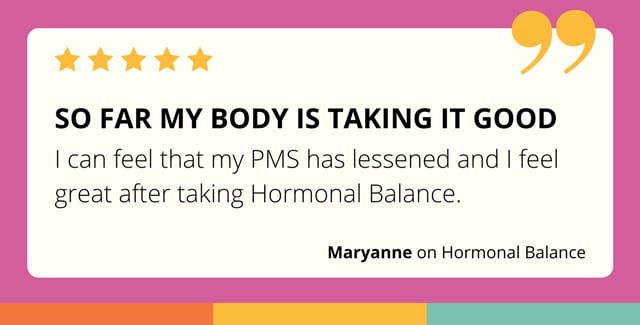
Frequently Asked Questions
Do PMS mood swings get worse with age?
Yes, PMS mood swings do get worse with age. The fluctuating hormone levels while you approach menopause are responsible for aggravating the mood swings.
Can Bust Bunny Hormonal Balance supplements be used by menopausal women?
Yes. Actually, Hormonal Balance was initially created to help our founder’s menopausal mother deal with recurring hot flashes, night sweats, moodiness, and anxiety. She was able to live a happy life after taking the supplements, feeling less anxious and free of the distressing hot flashes.
And she’s not the only one. Heidi confessed that her mood significantly improved after a couple of weeks, and she’s also glad to now be free of night sweats.
Does every woman experience PMS?
Not exactly, but at least 75% of women experience PMS each month. Furthermore, the severity of the symptoms varies from one woman to the next based on a variety of factors.
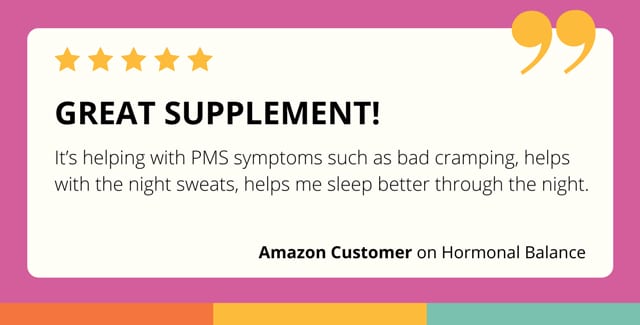
Share on Instagram:
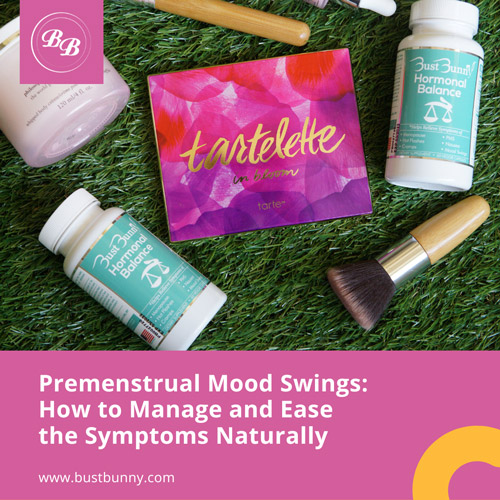
Share on Facebook:
